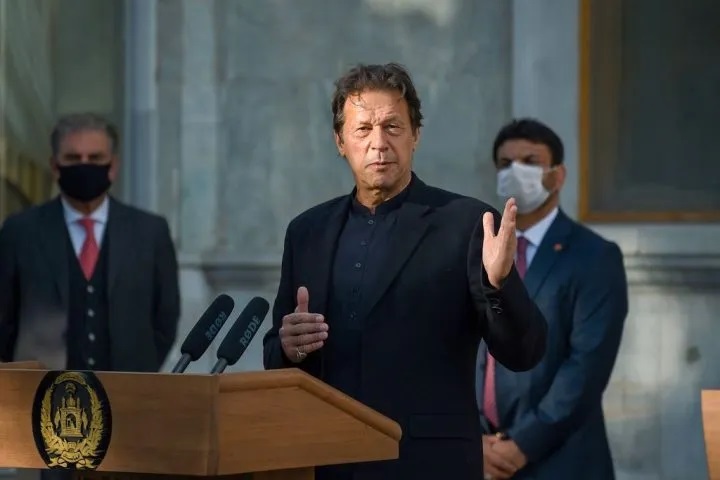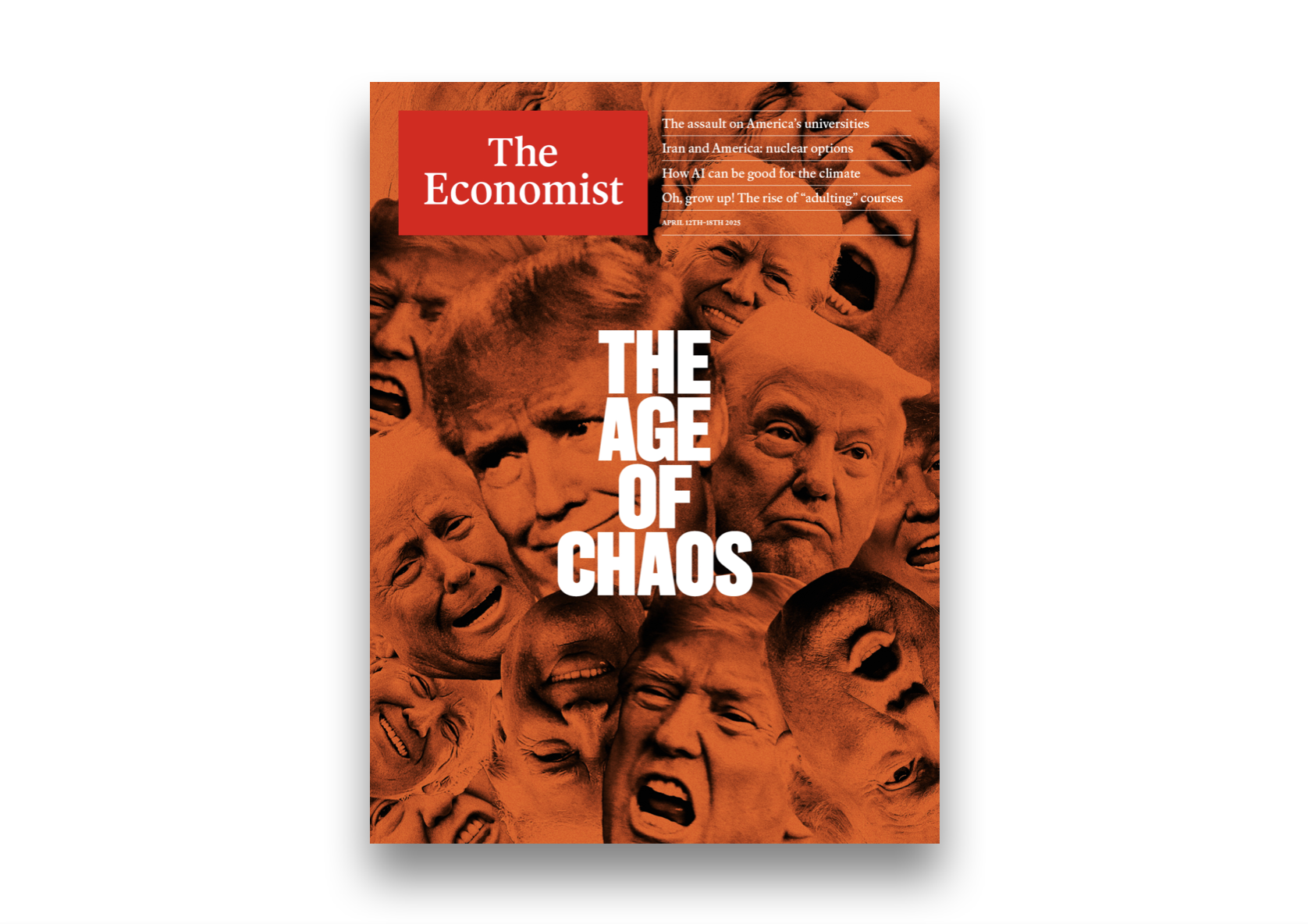Donald Trump should spare a thought for Imran Khan. If the former president feels overrun by lawsuits, he could comfort himself with the thought that they are a mere bagatelle in comparison with those against Pakistan’s former prime minister.
Since being deposed in a parliamentary vote of no confidence in 2022, Khan and his PTI (Pakistan Movement for Justice) party has clocked up hundreds of civil and criminal charges. Some have been charges of corruption, treason, espionage and fraud. Others have been pettifogging in the extreme. Two weeks ago, the election commission of Pakistan won its case in the country’s supreme court to deny Khan, a former world cup winning cricket captain, the use of a cricket bat as PTI’s electoral symbol.
The PTI’s lead has narrowed over the past year — not surprising given the relentless crackdown on Khan’s party
But with national parliamentary elections due to take place in just over a week’s time, the government has leveraged its power over the judiciary to deal what it hopes will be lethal blow to PTI’s electoral prospects. In a secret trial held in private in the Rawalpindi jail where he was incarcerated last year, special court judge Abul Hasnat Zulqarnain handed down a ten-year prison sentence to Khan for leaking official secrets as part of the so-called “Cypher Case.” This referred to a diplomatic document which Khan maintains proved his claim that the United States was complicit in his removal as prime minister.
Khan was charged by the Federal Investigation Agency with espionage for not returning the government document after it allegedly went missing in his possession. He denies taking it. There were many elements of farce to the proceedings. Cross examination of witnesses was not allowed. When, for whatever reason, Khan’s lawyers failed to turn up, the government appointed two lawyers to represent him. Khan complained that the trial was nothing less than a “joke” for this reason: the prosecution and defense team both belong to the government. By any normal criteria, the trial was unconstitutional.
Both Imran and his fellow defendant, his PTI deputy Shah Mahmood Qureshi, are certain to appeal to the Supreme Court. But even if the government loses, one can be sure that more charges will be brought against Khan. In all likelihood his enemies were behind several of the assassination attempts made against him last year; he survived one of them only narrowly after being shot in the leg. As such, one can expect that the governing parties will pull out all the stops to prevent the PTI from winning the February 8 election.
In this endeavor they will be helped by a Pakistani army which laughably claims political impartiality. It is common knowledge that the army is the ultimate source of power in Pakistan; since gaining independence in 1947, Pakistan has had three periods of martial law — some thirty-three years in total. Even when the army has not ruled the country directly, politicians in Pakistan rule under license from it. Embedded lucratively as it is in the Pakistan economy, it has more than just political power at stake in any election. It should be noted that Khan’s political downfall coincided with his falling out with army head General Qamar Javed Bajwa, who retired recently with an estimated fortune of $33 million.
The efforts of the army and the legacy “klepto-parties” appear to be working. According to the pollsters Gallup, the PTI’s lead has narrowed over the past year. Perhaps this is not surprising given the relentless crackdown on Khan’s party. The former prime minister was barred from standing in his Mianwali seat after being found guilty on trumped up charges of corruption in August. Imran’s replacement Jamal Ahsan Khan has complained that his “party workers are facing harassment, and I personally have received death threats…I have never witnessed an election as intense and threatening as this one.”
Thousands of Khan’s supporters have been incarcerated throughout Pakistan, dozens of PTI candidates have been rejected by the electoral commission and the party has been all but expunged from the media. PTI campaigning is nearly all done online. The expectation is that the elections themselves will be rigged by a Pakistani establishment that is determined to prevent Imran’s return as prime minister.
And from the world’s leading democracy? Silence. Actually, not quite. In a typical gaffe, Joe Biden called for “democratic suppression” in Pakistan. Never can a truer statement have ever been made.
When the journalist Ryan Grim noted that PTI candidates were “being arrested and abducted at the filing office,” he questioned “how can Pakistani people choose their government, if there is nobody to choose from on the ballot and is this something that is concerning?” Mathew Miller, State Department spokesman spinelessly replied, “It’s not for the United States to dictate to Pakistan the exact specifics of how it conducts its election.”
But how can a Biden government offer democratic support for a foreign politician, even for one as famously incorrupt as Imran Khan, when it supports hard left sections of the judiciary in America that are trying their utmost to exclude Donald Trump from November’s presidential elections? Next week will show whether, despite Khan’s prison sentence, democracy in Pakistan still stands a chance.
This article was originally published on The Spectator’s UK website.


























Leave a Reply